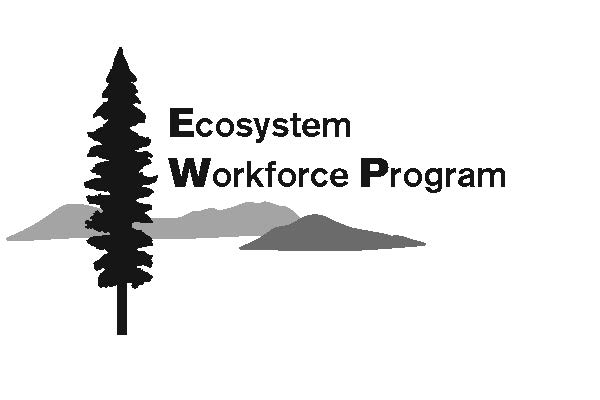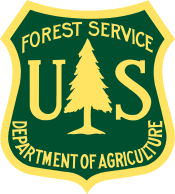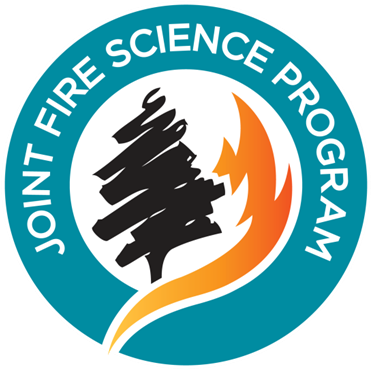Publications Library
. Consistent, high-accuracy mapping of daily and sub-daily wildfire growth with satellite observations. International Journal of Wildland Fire. 2023. Consistent, high-accuracy mapping of daily and sub-daily wildfire growth with satellite observations.pdf (3.77 MB)
Consistent, high-accuracy mapping of daily and sub-daily wildfire growth with satellite observations.pdf (3.77 MB)
. Different approaches make comparing studies of burn severity challenging: a review of methods used to link remotely sensed data with the Composite Burn Index. International Journal of Wildland Fire . 2023. Available at: https://www.publish.csiro.au/wf/pdf/WF22050. Different approaches make comparing studies of burn severity challenging- a review of methods used to link remotely sensed data with the Composite Burn Index.pdf (2.49 MB)
Different approaches make comparing studies of burn severity challenging- a review of methods used to link remotely sensed data with the Composite Burn Index.pdf (2.49 MB)
Metrics and Considerations for Evaluating How Forest Treatments Alter Wildfire Behavior and Effects. Journal of Forestry. 2023:1-18. Metrics and considerations for eval forest treatments.pdf (1.47 MB)
Metrics and considerations for eval forest treatments.pdf (1.47 MB)
. Projecting live fuel moisture content via deep learning. International Journal of Wildland Fire. 2023. Projecting live fuel moisture content via deep learning.pdf (7.28 MB)
Projecting live fuel moisture content via deep learning.pdf (7.28 MB)
Using soil moisture information to better understand and predict wildfire danger: a review of recent developments and outstanding questions. International Journal of Wildland Fire. 2023;32(2). WF22056.pdf (3.84 MB)
WF22056.pdf (3.84 MB)
. Wildfire controls on land surface properties in mixed conifer and ponderosa pine forests of Sierra Nevada and Klamath mountains, Western US. Agricultural and Forest Meteorology. 2022;320(108939). Shrestha_2022_Agr and Forest Meteorology_Wildfire controls on land surface properties in mixed conifer and ponderosa pine forests of Sierra Nevada and Klamath mountains, Western US.pdf (9.76 MB)
Shrestha_2022_Agr and Forest Meteorology_Wildfire controls on land surface properties in mixed conifer and ponderosa pine forests of Sierra Nevada and Klamath mountains, Western US.pdf (9.76 MB)
. Increasing trends in high-severity fire in the southwestern USA from 1984 to 2015 Forest Ecology and Management. 2019;433.
. A LiDAR-based analysis of the effects of slope, vegetation density, and ground surface roughness on travel rates for wildland firefighter escape route mapping International Journal of Wildland Fire. 2017;Online early.
. Review of broad-scale drought monitoring of forests: Toward an integrated data mining approach Forest Ecology and Management. 2016;380.
. Assessing the quality of forest fuel loading data collected using public participation methods and smartphones. International Journal of Wildland Fire. 2014;23. WF13173.pdf (361.79 KB)
WF13173.pdf (361.79 KB)
. Challenges of assessing fire and burn severity using field measures, remote sensing and modelling International Journal of Wildland Fire. 2014;23. Available at: http://dx.doi.org/10.1071/WF13058.
. Landsat time series and lidar as predictors of live and dead basal area across five bark beetle-affected forests IEEE Journal of Selected Topics in Applied Earth Observations and Remote Sensing. 2014;7(8). Available at: http://www.treesearch.fs.fed.us/pubs/49638.
. Both topography and climate affected forest and woodland burn severity in two regions of the western US, 1984 to 2006 Ecosphere. 2011;2(12). Available at: https://www.fs.fed.us/rmrs/publications/both-topography-and-climate-affected-forest-and-woodland-burn-severity-two-regions.
. Northwest Forest Plan -- The First 15 Years: Status and Trends of Northern Spotted Owl Populations and Habitats. Portland, OR: US Department of Agriculture, Forest Service, Pacific Northwest Research Station; 2011:147. Available at: http://www.fs.fed.us/pnw/pubs/pnw_gtr850.pdf.





